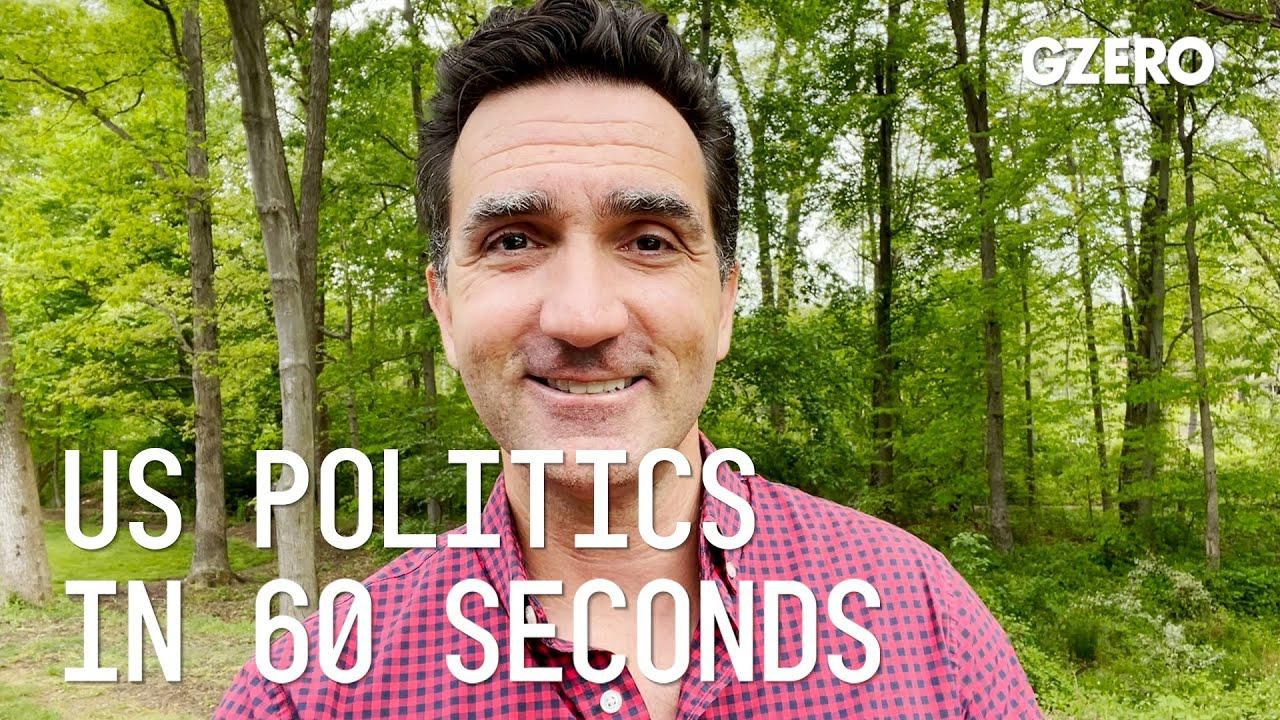US Politics In 60 Seconds
Grading President Biden's first 100 days; 2020 US Census helps Sun Belt states

Grading President Biden's First 100 Days | US Census Helps Sun Belt | US Politics :60 | GZERO Media

Get insights on the latest news in US politics from Jon Lieber, head of Eurasia Group's coverage of political and policy developments in Washington:
How would you grade President Biden's performance in his first 100 days?
Well, Biden's done pretty well in this first 100 days. He's done a good job on what's the number one most important issue facing his administration and that's the coronavirus response. He hit his goal of 100 million vaccinations within the first month or so of his administration. And they increased that to 200 million vaccinations, which they hit on day 92. So that's a pretty successful start. They inherited a lot of that from President Trump to be fair. Operation Warp Speed set the US up for success and Biden delivered after he came into office. And of course, the second thing is his COVID relief package, which the US has taken advantage of a favorable funding environment to borrow trillions of dollars and get them into the hands of American small businesses and families and has really helped the economy through what has been a very bad year but could have been a lot worse if the government hadn't intervened. The bill has been very popular, and it set the stage for a follow on bill that Biden wants to deliver for big priorities for democrats later this year, potentially as much as $4 trillion in spending.
Less good are kind of the external challenges that he's been facing. He changed his mind on his refugee policy. He's got a major problem with a flood of immigrants at the southern border. That's really unsolvable. And there's been a rash of high-profile shootings that it's going to be really, really hard for the federal government to do anything about because of polarization and the lack of 60 votes in the Senate. So overall, I think you've got to give them a solid A, A- for his first 100 days and now is probably the time when it starts getting tougher as he starts planning even bigger long-term things.
Who are the winners and losers from the 2020 US census results?
Well, there's been a population shift over the last 10 years from kind of declining Rust Belt states to booming Sun Belt states. And you saw states like Texas, Arizona, Florida gain seats, but not as many as expected. Texas was thought to get three, but they only got two. California lost a seat for the first time ever. And because of this, you're going to see a steady shift of power to these southern Sun Belt states, which are largely controlled by Republicans who will, again, as they did in 2010, have the advantage in the redistricting process that will determine who controls Congress, gives them an edge up in the 2022 midterm elections, and really puts the Democrats' are already very thin majority in peril.
In this "ask ian," Ian Bremmer analyzes Trump’s recent meeting with Zelensky and how close (or far) Russia and Ukraine are from a peace deal.
Syrian President Ahmed al-Sharaa attends the military parade of the Syrian army in Umayyad Square in central Damascus to mark the one-year anniversary of the fall of the Assad regime, on Dec. 8, 2025.
A year ago this month, Syria’s brutal dictatorship collapsed. There are signs of recovery, but sectarian violence threatens to undermine the optimism.